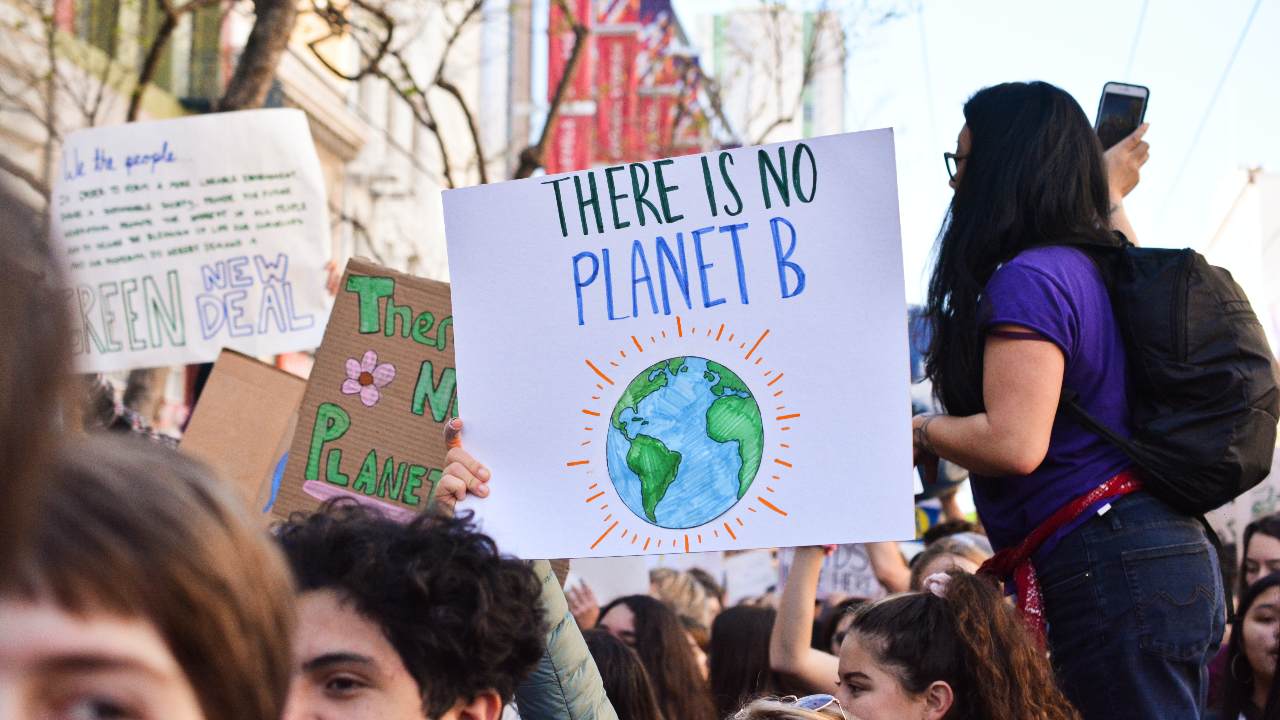New Delhi: Global emissions can be halved by 2030 with major transitions in the energy sector, including a substantial reduction in fossil fuel use, said an IPCC report released on Monday, highlighting that mitigation action needs to be taken now to limit global warming to 1.5 degrees Celsius. The Intergovernmental Panel on Climate Change (IPCC) Working Group III report ‘Climate Change 2022: Mitigation of Climate Change’, which was released worldwide, said that in 2010-2019, the average annual global greenhouse gas emissions were at their highest levels in human history. “Limiting global warming will require major transitions in the energy sector. This will involve a substantial reduction in fossil fuel use, widespread electrification, improved energy efficiency, and use of alternative fuels (such as hydrogen),” the report said. Without immediate deep emissions reduction across all sectors, limiting global warming to 1.5 degrees Celsius is beyond reach. However, there is increasing evidence of climate action, said scientists in the latest report. “We are at crossroads. The decisions we make now can secure a liveable future. We have the tools and knowhow required to limit warming,” said IPCC Chair Hoesung Lee. “I am encouraged by climate action being taken in many countries. There are policies, regulations and market instruments that are proving effective. If these are scaled up and applied more widely and equitably, they can support deep emissions reductions and stimulate innovation,” Lee said. According to the report, to achieve the 1.5 degrees Celsius target, the world must reduce annual carbon dioxide emission by 48 per cent by 2030, and reach net zero by 2050, while reducing methane emissions a third by 2030 and almost halving them by 2050. “The last two decades saw the highest increase in emissions in human history. Even though we know how much trouble we are in, the next decade cannot follow the same pattern if we are to hold the warming to 1.5 degree Celsius. Half measures will not half greenhouse gas emissions by 2030. IPCC tells us that we have the knowledge and the technology to get this done,” said Inger Anderson, executive director, United Nations Environment Programme (UNEP). Joyashree Roy, one of the coordinating authors of the report, said an important takeaway from the report is that the next few years will be critical when countries will decide mitigating actions. “Unless mitigation action is taken, 1.5 degrees limit cannot be reached. We need to ramp up action without delay. The report says there are ways to improve our chances of success to limit global warming to 1.5 degrees Celsius,” Roy said in a press briefing. Another co-author of the report, Navroz K Dubash said that focus should be on doing as much as possible in the short run. “What can be done in this decade is very important. We have to look at the next 10 years first and not just at targets for 2050,” he said. The report was approved by 195 member governments of the IPCC through a virtual approval session that started on 21 March. It is the third instalment of the IPCC’s sixth assessment report (AR6), which will be completed this year. Negotiations between governments and scientists to finalise the summary for policy makers dragged on past the original deadline until late Sunday, pushing back the planned publication by several hours. “Having the right policies, infrastructure and technology in place to enable changes to our lifestyles and behaviour can result in a 40-70 per cent reduction in greenhouse gas emissions by 2050. This offers significant untapped potential,” said IPCC Working Group III Co-Chair Priyadarshi Shukla. “The evidence also shows that these lifestyle changes can improve our health and well-being,” Shukla said. According to the report, reducing emissions in industry will involve using materials more efficiently, reusing and recycling products and minimising waste. For basic materials, including steel, building materials and chemicals, low-to zero-green house gas production processes are at their pilot to near commercial stage, it said. “This sector accounts for about a quarter of global emissions. Achieving net zero will be challenging and will require new production processes, low and zero emissions electricity, hydrogen, and, where necessary, carbon capture and storage. “Agriculture, forestry, and other land use can provide large-scale emissions reductions and also remove and store carbon dioxide at scale. However, land cannot compensate for delayed emissions reductions in other sectors. Response options can benefit biodiversity, help us adapt to climate change, and secure livelihoods, food and water, and wood supplies,” it said. The report cautioned that limiting warming to around 1.5 degrees Celsius requires global greenhouse gas emissions to peak before 2025 at the latest, and be reduced by 43 per cent by 2030, and at the same time, methane would also need to be reduced by about a third. “Even if we do this, it is almost inevitable that we will temporarily exceed this temperature threshold but could return to below it by the end of the century,” the report said. It said that cities and other urban areas also offer significant opportunities for emissions reductions. Read all the Latest News , Trending News , Cricket News , Bollywood News , India News and Entertainment News here. Follow us on Facebook, Twitter and Instagram.
Without immediate deep emissions reduction across all sectors, limiting global warming to 1.5 degrees Celsius is beyond reach
Advertisement
End of Article


)

)
)
)
)
)
)
)
)



